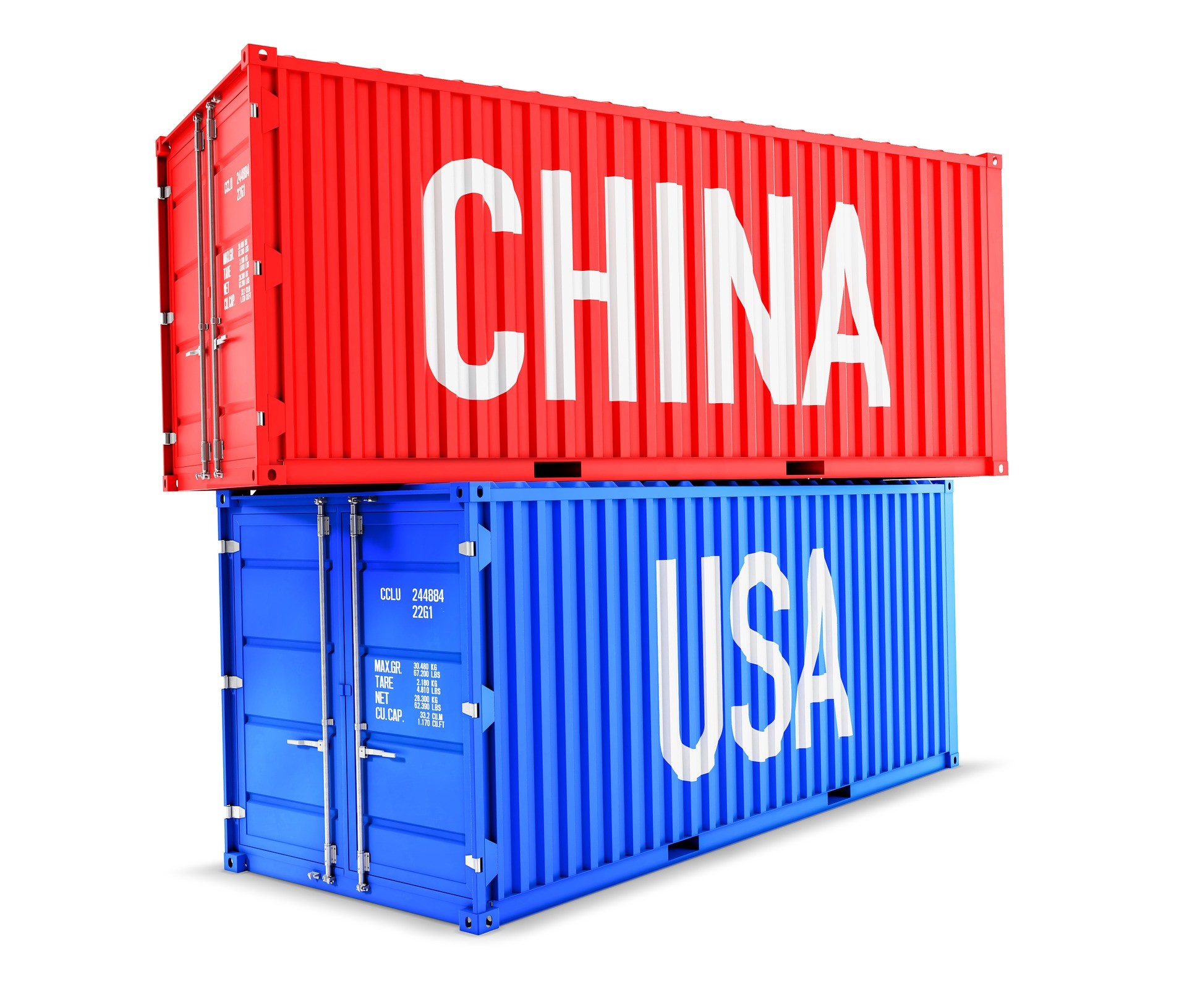LCG: Equities edge higher, no euphoria after US-China partial agreement
LCG: Equities edge higher, no euphoria after US-China partial agreement

Equities began the week on a positive note amid the US and Chinese officials reached a partial trade agreement at last week’s negotiations, even though the news didn’t create a feeling of euphoria among global investors.
The S&P500 (+1.09%), the Dow Jones (+1.21%) and Nasdaq (+1.34%) gained on Friday, although Donald Trump’s announcement that he would avoid a lengthy congressional approval to sign the deal weighed on the sentiment before the closing bell.
Shanghai’s Composite followed up on US session gains and added 1.54% on Monday. The Hang Seng index (+1.15%) advanced despite another weekend of violent street protests in Hong Kong.
Japan was closed due to holiday.
Gold slipped to $1474 an ounce on Friday and traded below the $1490 level in Asia.
WTI crude remained topped near the $55 a barrel, after an attack on an Iranian tanker on Friday hinted at a possible reprisal from Saudi Arabia following last month’s Aramco incident. Iran first said that the attack probably came from Saudi Arabia, then withdrew its accusation, downplaying the worries of heightened geopolitical tensions in the region. Anyhow, the world has enough oil inventories to comfortably survive a short-term disruption in Mid-East production. The demand side is what will determine whether the barrel of black gold should surpass the $55 level or not. And the kneejerk reaction to a mini deal between the US and China didn’t spark that much optimism near the $55 level among the bulls in this market.
Iron ore in Dalian commodity exchange remained flat, while steel rebar in Shanghai gained 0.56%.
US equity futures recorded timid gains.
The US earnings season kicks off this week. Major US banks will announce their third quarter results in the coming days: JPMorgan, Goldman Sachs, Citigroup and Wells Fargo on Tuesday, Bank of America on Wednesday and Morgan Stanley on Thursday. Given the dovish interest rate outlook, investors will focus on banks’ ability to manage, or ideally to reduce their operating costs and to gain market share.
Investors will also watch Netflix, IBM, Philip Morris, Coca-Cola and American Express results this week.
First phase of a long-awaited trade deal
China gave what Bloomberg journalists describe as vague commitments on its currency, financial services and intellectual practices at last week’s Washington talks. They also agreed to significantly increase their purchases of US farm products and according to a recent tweet from Donald Trump, they ‘already started buying’.
In return, the US said it won’t increase the tariffs on $250 billion worth of Chinese imports from 25% to 30% this week. The US’ verdict on December tariffs, which target $160 billion worth of additional Chinese imports, will depend on the next round or rounds of negotiations.
What has been achieved last week was not a comprehensive deal, but it was, by far, better than what many hoped for and set the stage for a broader agreement between the two countries. Negotiations will continue in the coming weeks, where leaders from both sides of the Pacific will lay more tricky subjects on the table, such as patents and the blacklisting of the Chinese telecom giant Huawei Technologies and others.
The progress in US-China trade negotiations should improve the investor sentiment across the board. But given how fast the wind can change direction, investors will likely prevent from crying victory too soon. Chinese news, for example, didn’t refer to the outcome of last week’s negotiations as a ‘deal’, to avoid fueling expectations too fast, too soon.
Elsewhere, data showed that dollar-denominated Chinese exports fell 3.2% y-o-y in September, versus -2.8% expected by analysts and -1.0% printed a month earlier. Imports plunged 8.5% versus -6.0% penciled in by analysts and -5.6% announced a month earlier. Hence one thing is clear, the US-China trade tensions have continued taking a toll on Chinese trade data. If Beijing wants to blow off some steam, it should do its best to sign a partial and even a comprehensive trade deal with the US.
Pound retraces gains as EU leaders pooh-poohed Johnson’s latest proposal
The pound shortly spiked to 1.27, a three-month high, against the US dollar, but retraced gains as the European leaders sounded less enthusiastic regarding the proposal that has been brought to them on Friday. EU leaders said that UK’s latest plans were not enough to be a basis for a Brexit agreement. Hence, Cable slipped below the 1.26 mark in Asia. UK Prime Minister Boris Johnson repeated that the country should remain ready to leave the EU by the end of this month, fueling the worries that he could find a way to go around a law forbidding him to leave the bloc without a deal and depart with no deal anyway.
On the other hand, even an agreement with the EU leaders could see resistance within Parliament. There is only a slim chance of seeing a Brexit deal, which would make everyone happy, reached within the next two weeks. The most plausible scenario would be the extension of the Brexit deadline.
In the foreign exchange markets, investors trimmed their net speculative short positions in sterling during the week ending on October 8th. About 25% of net short positions that have been accumulated between April and August have been closed, without taking last week’s rebound into account. This means that the pound markets remain heavily and negatively skewed; the slightest Brexit hope could send the pound rallying further. Near the 1.25-mark against the greenback, the upside risks are as concrete as the downside risks. A key resistance is eyed at 1.30.
The FTSE 100 gained 0.84% on Friday and FTSE futures (+0.17%) hint at a positive start to the week.
The FTSE eyes an advance above the 200-day moving average (7252p) despite the recent death cross formation, which would onboard the tech traders on the short side of the market.
British blue chips will likely defy the technical shorts on cooling upside pressures in the pound, and a potential windfall on equities amid the progress in US-China trade talks.
Opening calls
FTSE to open 3 points higher at 7250
DAX to open 18 points lower at 12494







